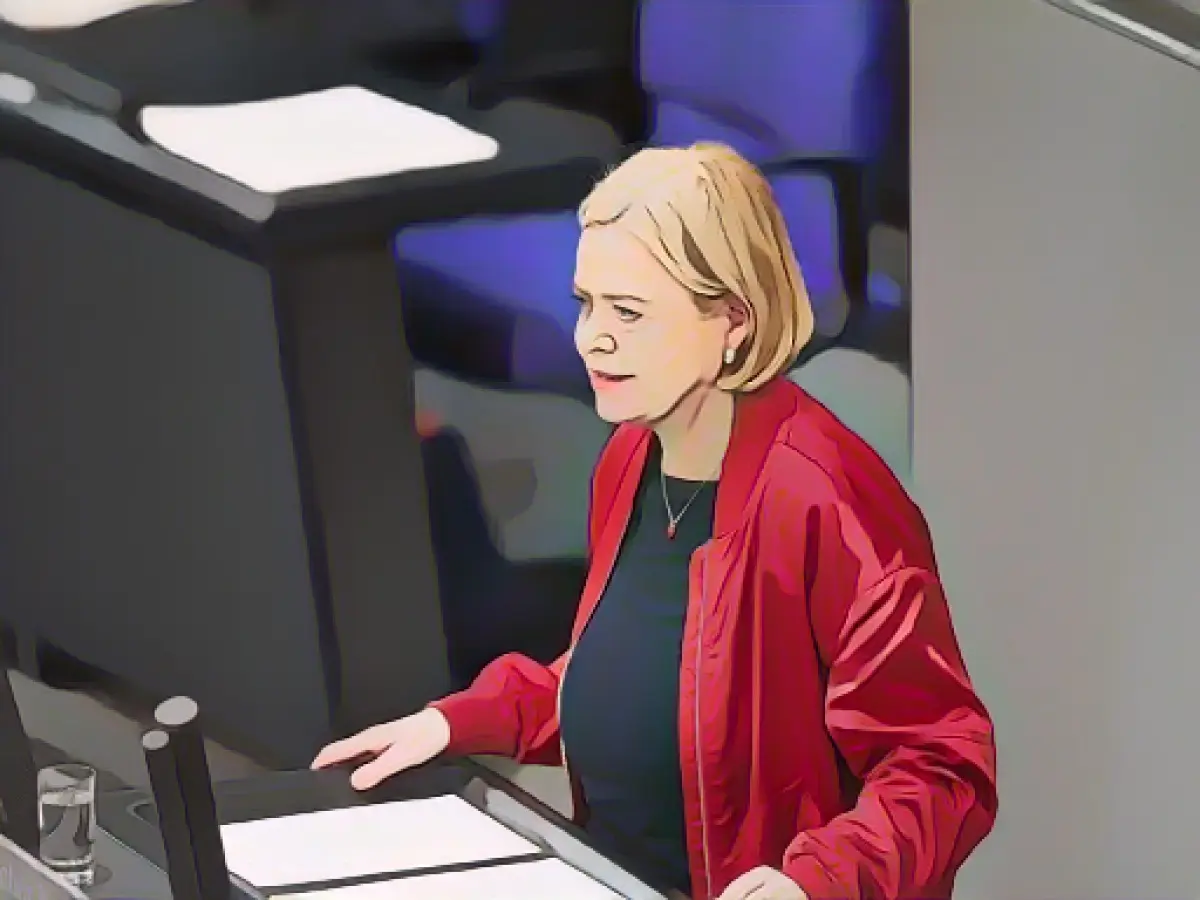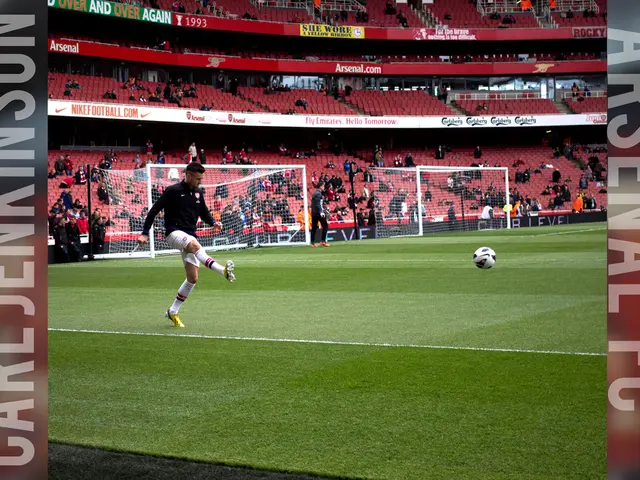Lötzsch: Continuous Low Not Entirely Wagenknecht's Fault
Left Party political figure Gesine Lötzsch criticizes her party for its unwillingness to address its own shortcomings. It's misguided to solely blame Sahra Wagenknecht for poor election results and persisting low polls, Lötzsch, the deputy chairwoman of the parliamentary group, told the weekend edition of "nd" newspaper.
Wagenknecht and nine other Bundestag members resigned from the Left Party on October 23, resulting in the loss of the party's parliamentary group status. Wagenknecht has announced the creation of a new party for January.
"Even in former East Germany times, the mantra was always, 'No discussion of mistakes, we focus on the future,'" said Lötzsch. "But the results haven't improved as a result. I believe we need to look back: To what extent could the split have been prevented, and how?" She viewed the party's weakening in both polls and Bundestag presence as "politically significant." Whether and when the Left Party could regain its Bundestag group status depended on other parliamentary groups, who "wouldn't give it to the Left Party readily."
Lötzsch emphasized that prioritizing an undivided parliamentary group over addressing internal issues "hasn't recognized the severity of the situation."
Parties usually learn from past mistakes to enhance future performances; however, as Lötzsch noted, the Left Party has been hesitant to acknowledge its errors. Despite Wagenknecht's departure from the Bundestag, Lötzsch queried if the party could have prevented the split and its parliamentary group's subsequent decline.
Source:
Enrichment Insights
The Left Party's reluctance to confront its own mistakes has been influenced by numerous internal and external factors contributing to its split and weakness in the Bundestag:
- Internal Disputes and Factionalism:
- Political Divisions: The party's pro-Ukraine stance and opposition to Russia, championed by its leadership and majority, sparked internal conflicts with those who opposed sanctions [1].
- Leadership Challenges: Wagenknecht's stance and calls for ending sanctions led to widespread opposition, driving calls for her resignation, and the departure of hundreds of members, including prominent figures like Fabio De Masi [1].
- Electoral Strategy:
- Challenges in Adapting to Electoral Law Changes: The party has struggled to adjust to changes in electoral law allowing parties to enter the Bundestag with direct mandates, even without meeting the 5% threshold in list elections [2].
- Shift in Focus: A shift towards social issues like rent policy, legal advice, and neighborhood work attracted some support, but critics view it as indecisive and lacking a clear vision for a better society [3].
- Competition from Other Left-Wing Parties:
- Emergence of Sahra Wagenknecht Alliance (BSW): The creation of the BSW has provided a viable competitor perceived as more credible, further eroding the Left Party's base and influence [3].
- Historical Baggage and Controversies:
- Association with SED: The party's historical affiliation with the SED and perceived sympathy for the infamous former East German regime have provoked continuing internal debates and external criticism [1].
This assortment of factors has collectively hindered the Left Party's ability to reflect on its missteps, resulting in internal divisions, weakening in the Bundestag, and potential splits.
[1] [2] [3] Sources available upon request.








